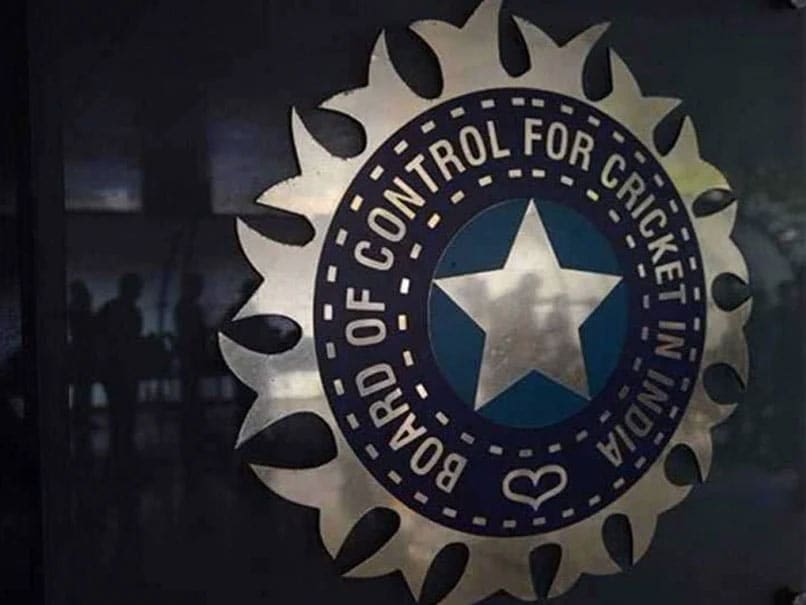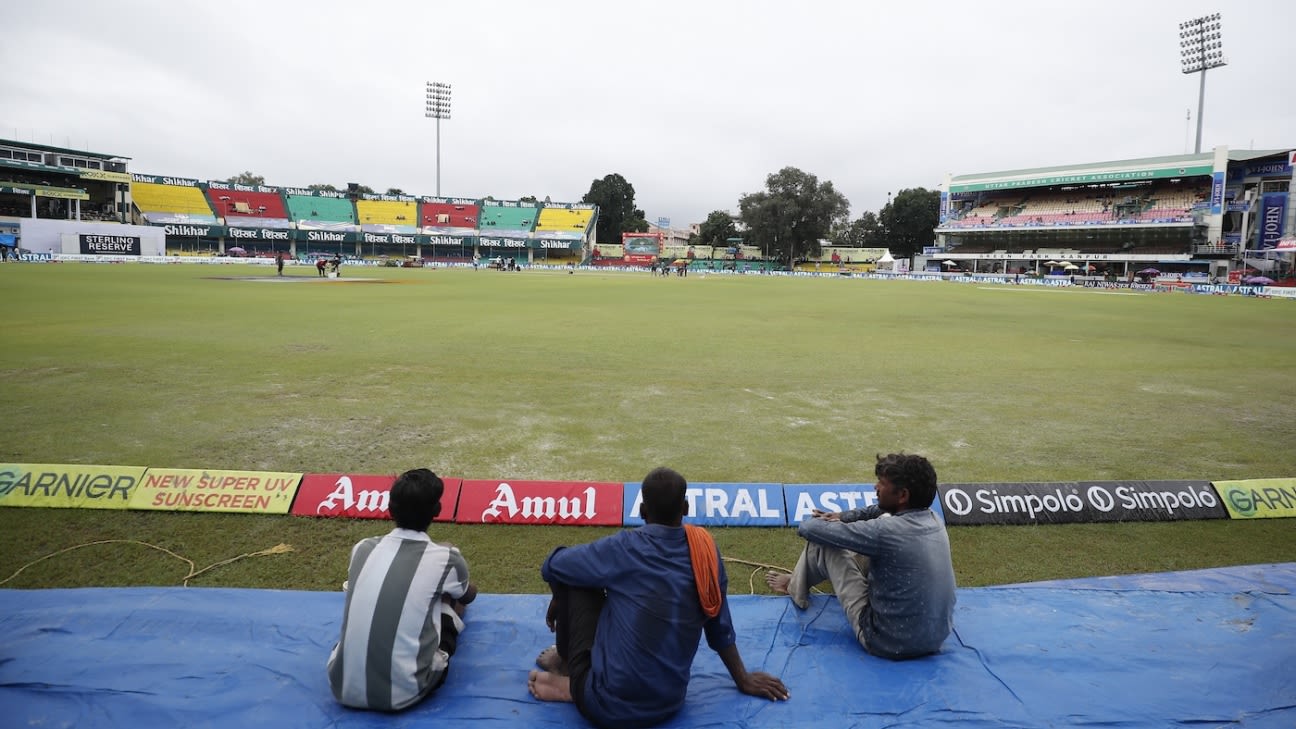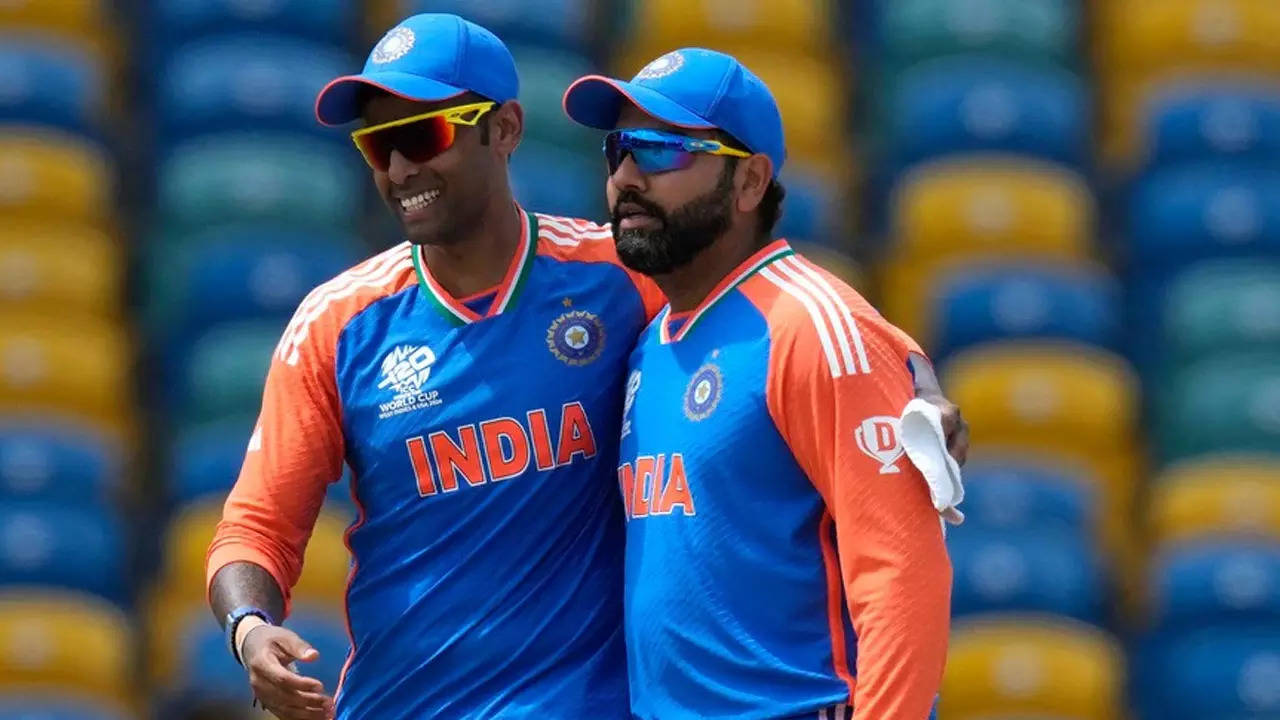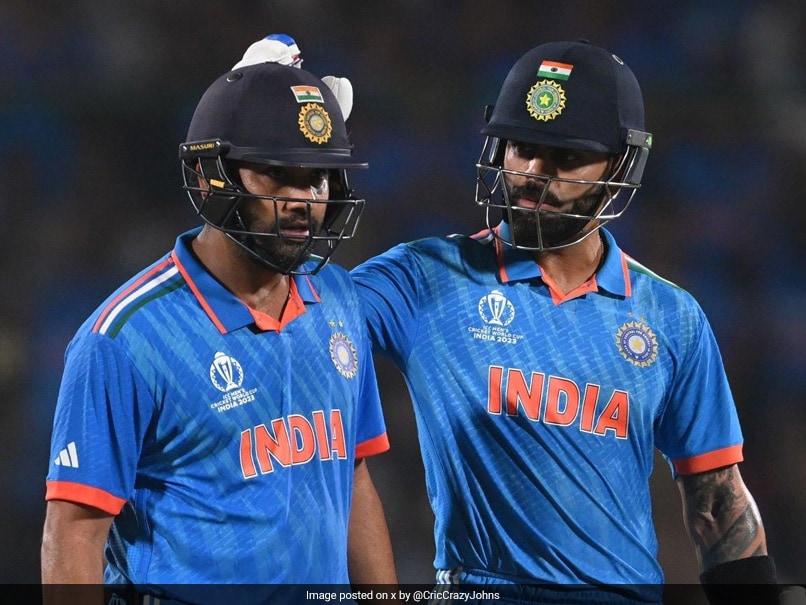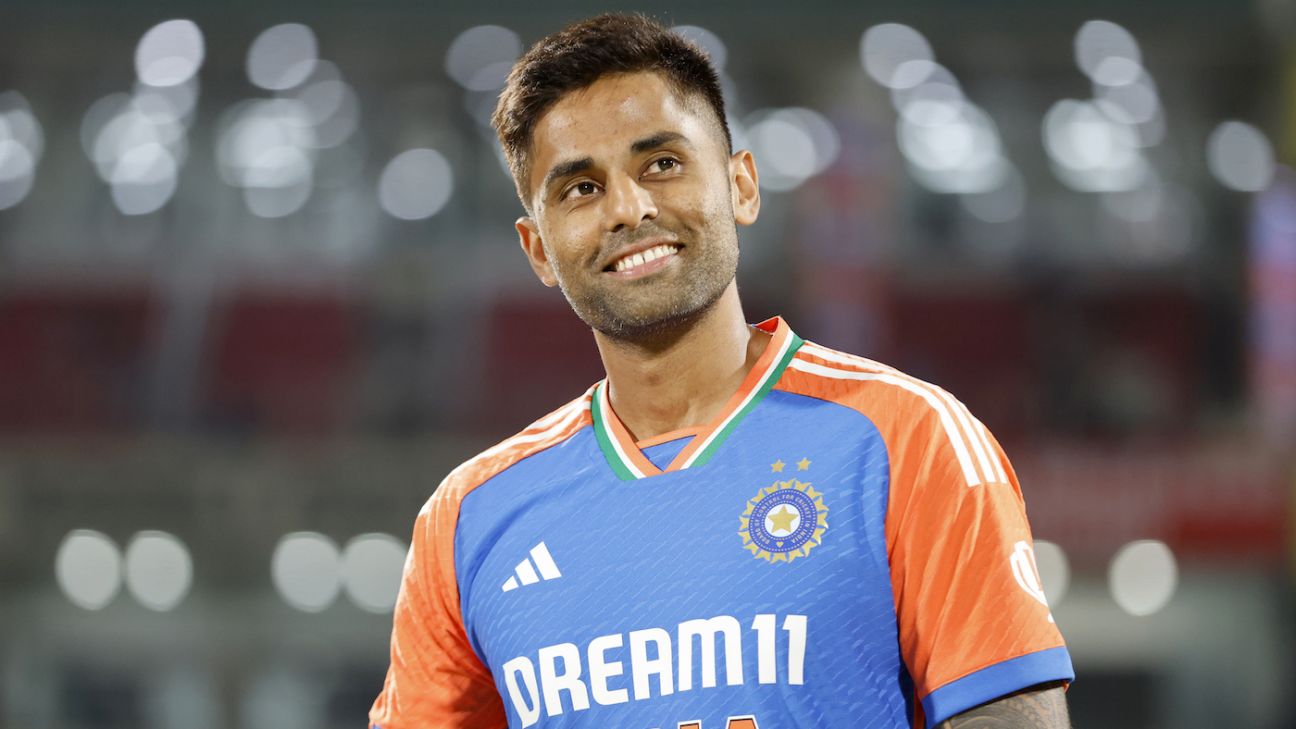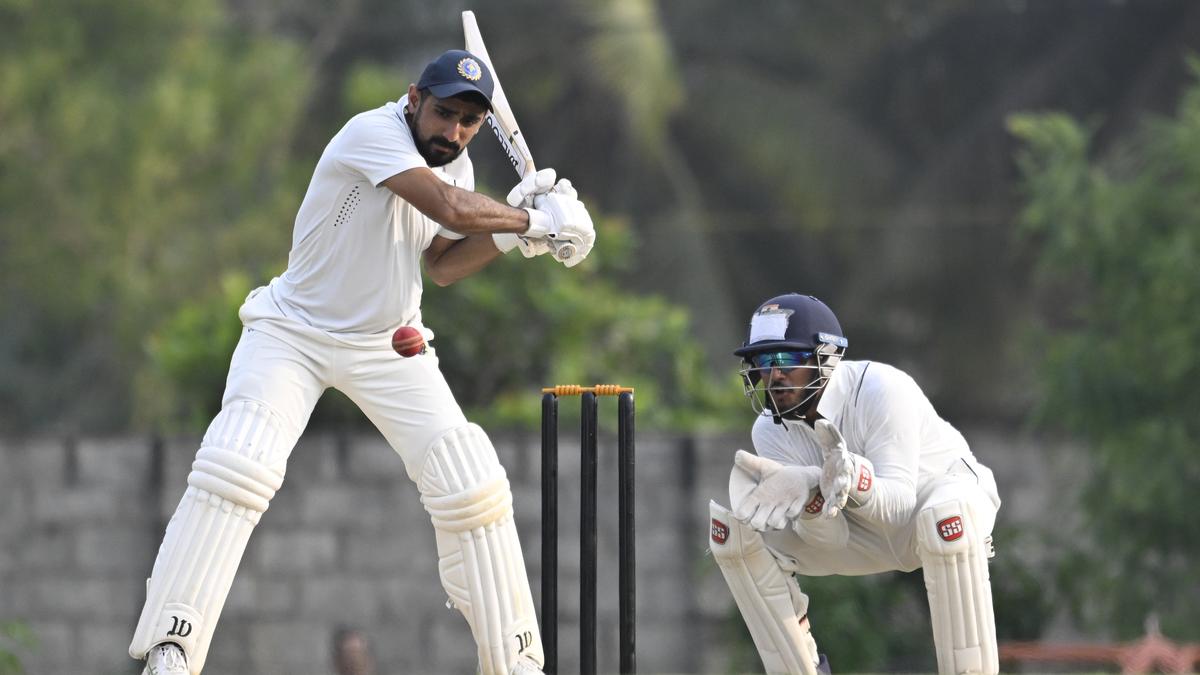The Union Health Ministry has expressed concern over the prevalence of surrogate advertisements of tobacco and alcohol by sportspersons, particularly cricketers. In a letter to the Board of Control for Cricket in India (BCCI) and the Sports Authority of India (SAI), Director General of Health Services (DGHS) Dr. Atul Goel urged these organizations to take measures to prevent such practices.
Dr. Goel emphasized that sportspersons, especially cricketers, serve as role models for millions of youth both in India and globally. He expressed dismay over the use of surrogate advertisements by well-known cricketers and actors during cricketing events like the Indian Premier League (IPL).
The DGHS suggested several measures to address this issue, including:
* Requiring sportspersons to sign an anti-tobacco ‘Declaration of Interest’ form
* Prohibiting the promotion or advertisement of tobacco and alcohol products in stadiums or events hosted or partnered by the BCCI
* Issuing directives to sportspersons under the BCCI’s ambit to refrain from surrogate promotion of tobacco and related products
Dr. Goel also requested the BCCI to prevent such surrogate advertisements by other celebrities in sporting events. He highlighted the negative impact of these advertisements on youth, who often idolize celebrities and may be influenced by their actions.
The DGHS emphasized the severe health consequences of tobacco use, which is a major risk factor for non-communicable diseases such as cardiovascular disease, cancer, chronic lung disease, and diabetes. India has the second-highest number of tobacco-related deaths worldwide, with nearly 13.5 lakh preventable deaths recorded annually.
To address this issue, the government of India launched the National Tobacco Control Programme (NTCP) in 2007-08. The NTCP aims to raise awareness about the harmful effects of tobacco consumption, reduce the production and supply of tobacco products, and implement the provisions of the Cigarettes and Other Tobacco Products Act (COTPA), 2003, and the Prohibition of Electronic Cigarette Act (PECA), 2019.

